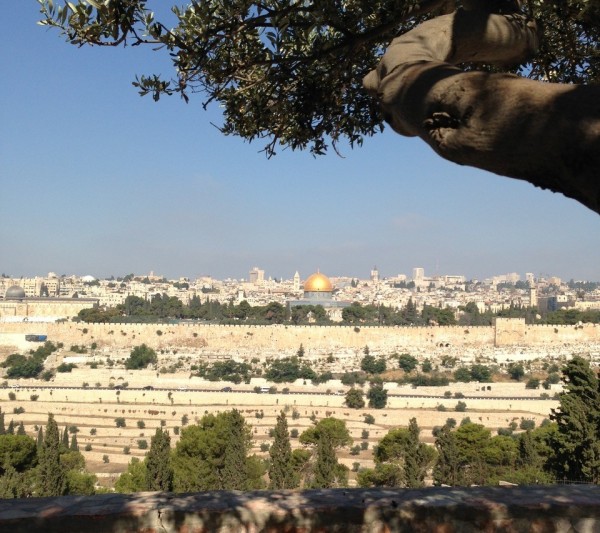A reflection on Good Friday

Every Good Friday we have the narrative of Jesus’ passion from the gospel according to John. In the account, when Jesus is going to be sentenced to death, Pilate asks the crowd “Shall I crucify your king?” Surprisingly, the answer does not come from the crowd. Rather, we read that the chief priests reply, “we have no king but Caesar” (John 19:15). This sentence is, what I believe, one of the greatest ironies that the gospel according to John offers. The reason behind lies in Israel’s notion of kingship, especially during the time of Jesus.
Although we are used to hearing the terms messiah and Son of David being connected to Jesus in a positive way, the earthly institution of the monarchy was not always perceived positively in Judaism and the Hebrew Scriptures. Israel was, in fact, a nation destined to not have a king. Even more, God warns against the idea of a human monarch through the prophet Samuel (1 Samuel 8:10-22). But the people of Israel wanted to be “like the other nations” and they insisted they needed a king. God grants their petition, and a catena of unsuccessful kings starts with Saul. There were even great problems with David and his son Solomon, who according to the books of Kings violated the only law that kings had to obey (Deuteronomy 17:14-20; 1 Kings 10-11). The monarchical institution was so unsuccessful that Israel ended up divided, destroyed, and exiled.
After the Babylonian exile, when the people of Israel are able to return (through God’s intervention), the monarchy is seen in a different light. Only God is the true king of Israel. They should have not put their trust in princes nor mortal man, only in God (Psalm 146:3). This reflection is seen clearly in the composition of the Book of Psalms. If we read carefully in the way the psalms are organized, we will see that the first three books of the Psalms (Psalms 1-89) contain the history of the Davidic monarchy, including his sins, and which ends with God’s rejection of David (Psalm 89:39-46). In the rest of the collection, especially in Psalms 90-96 we find the confession that God is King, leaving behind any desire for a human monarch. This idea became stronger after their reflection of a failed monarchy. Of course, the desire to reestablish the Davidic monarchy was kept alive in small circles; we see this reflected in the gospels. Jesus is given the title of Son of David by individuals and crowds in the gospels, but even he sees the dangers of thinking about him as another “earthly king” (John 6:15).
Let us now return to the dialogue between Pilate and the crowd. What an irony is that the chief priests, who most probably prayed day and night with the psalms, proclaim Caesar as their only king. But why? They are willing to betray their own core belief that only God is king of Israel in order to get him rid of Jesus. “We have no king but Caesar” is the culmination of a plot to get Jesus killed by the Romans. They clearly chose to go against a core belief and even side with their oppressor in order to sentence Jesus, who threatened their social position and religious authority (John 11:48). These religious leaders were so afraid about the idea of Rome taking away their temple that they betrayed their own religion in order to maintain the status quo. This irony is not new in Scriptures. It is also prefigured in the Exodus story when the people of Israel after being freed from Egyptian oppression, longed for the false security they had in Egypt. They preferred the comfort of food while being enslaved in Egypt instead of the freedom and hard life in the wilderness (Exodus 16:3).
This Good Friday is a time we can reflect on how our fears may be leading us away from God and how we may be holding onto some false “kings” in order to feel safe and protected. For the religious leaders of the passion narrative in John, Caesar became a false protection. They rejected the unconventional message of freedom given by God in Jesus and they held onto what they knew was safe even in the midst of Roman oppression. For the people of Israel in the wilderness, Egypt became a false security longing for it and protesting against Moses who led them to freedom. We may feel secure with a political party or an economical system but the fear of losing such security may be holding us back from the mission of the Gospel, and at the end we may be proclaiming a candidate or a political party our “king.” May fear never hold us back to be generous or to betray the gospel of Jesus. The cross we celebrate today is the opposite of a life filled with fears.









